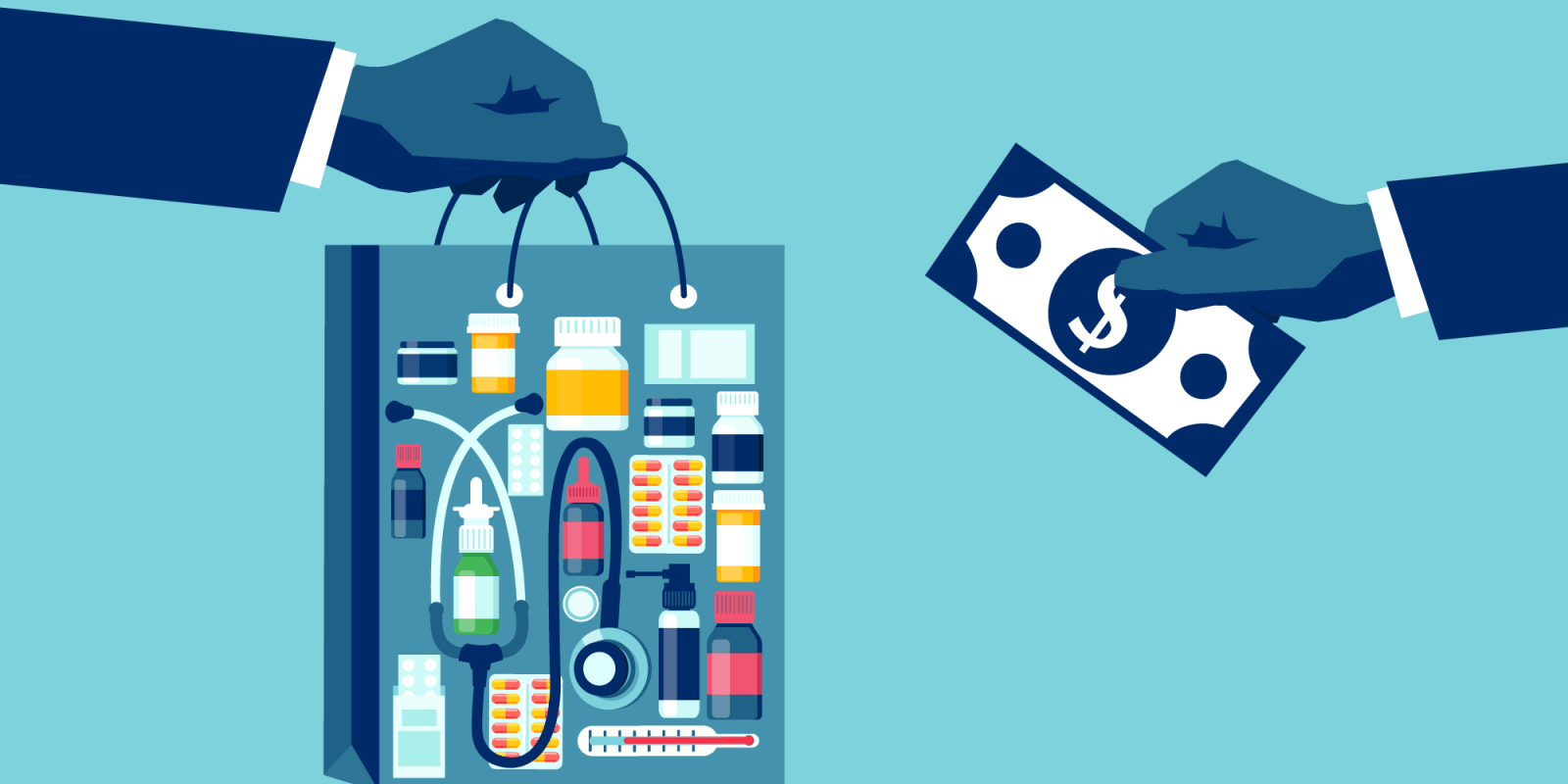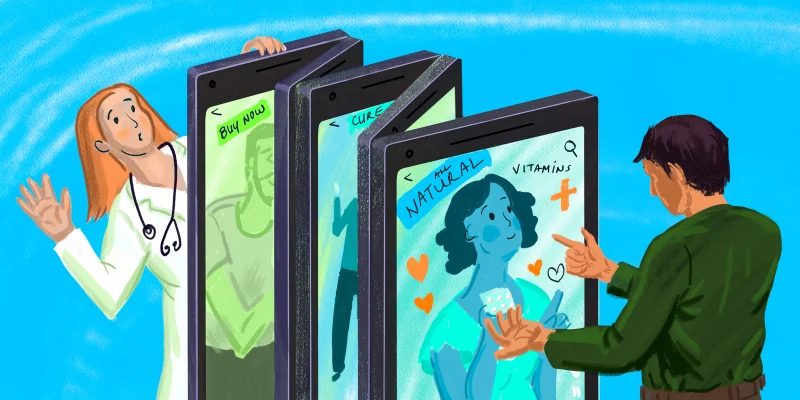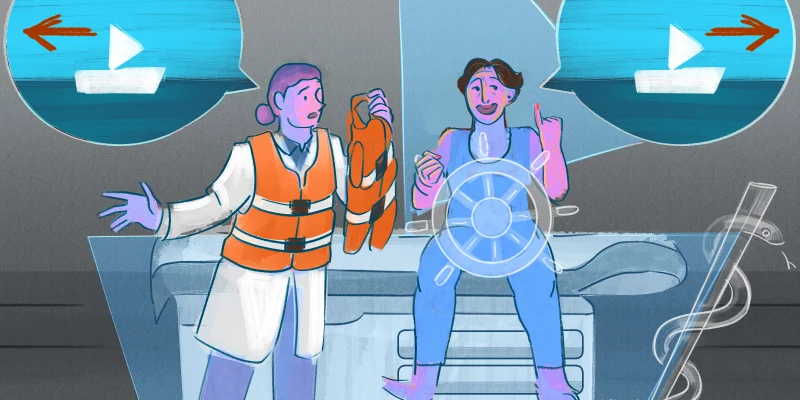
According to Gallup’s 2019 poll, the federal government is, for the first time in recent memory, no longer the most hated industry among Americans. That dishonor was reserved for Big Pharma. For me — and probably for most of you — this doesn’t come as a surprise.
Over the last decade, Americans endured a series of erratic spikes in the prices of older, off-patent drugs that theoretically should have cheap generic alternatives available. First, there was Daraprim, a drug for parasitic infections, the price of which increased more than 50-fold overnight under the auspices of “pharma bro” and cultural villain Martin Shkreli. Then, there was EpiPen, the emergency allergy medication, which climbed to more than $600 per dose in 2016. Now, in the latest example of end-stage capitalism, there is insulin, which for some patients is so expensive that they must self-ration their dosages.
With prescription drug costs continuing to climb, lawmakers on both sides of the aisle have proposed pegging drug prices to an international index and granting states permission to import drugs from Canada. Both Democrats and Republicans have shown public support for allowing Medicare to negotiate drug prices with pharmaceutical companies. But the moment may be ripe for an even bolder idea: letting the federal government get into the business of generic drug manufacturing — essentially, creating a public option for generic drugs.
The idea isn’t new. Already, several large, private health care providers have come together to develop a not-for-profit generic drug manufacturer, called Civica Rx. Government-run drug manufacturing was proposed in a 2018 bill co-sponsored by Senator Elizabeth Warren, who also included it in her campaign platform on health care. The nonprofit Democracy Collaborative recently commissioned a comprehensive report examining the idea and, in January 2020, California Governor Gavin Newsom announced a plan for the state to create its own generic drug label. Certainly, the U.S. government has been in the drug-making business before: During World War II, the government commandeered penicillin manufacturing to ensure adequate supplies of the antibiotic at the battlefront. Today, as the country faces another pharmaceutical crisis, it might be time to revisit the idea.
A public option for generic drugs would help correct an increasingly dysfunctional generic drug market by creating affordable alternatives to the drugs produced by Big Pharma. In theory, the same goal might also be achieved by allowing Medicare to negotiate drug prices, or by setting up an international pricing index for generic drugs. But if the experiences of other countries, like the U.K and Australia, are any indication, those alternatives would likely result in Medicare declining to cover certain low-value, high-cost drugs, which would only stoke the public’s already acute fears about health care rationing. Another popular proposal, importing drugs from Canada, would likely also lead to rationing. As experts have pointed out, a country of 37 million people would be hard-pressed to meet the prescription drug demands of a population nearly nine times its size. Even if the Canadian government were on board with the plan (and it currently is not), Americans and Canadians alike would run out of drugs quickly.
Additionally, unlike the alternatives, a public option for generic drugs would also address the temporary shortages that can cause drug prices to spike in the wake of natural disasters. In 2017, for example, Hurricanes Maria and Irma devastated Puerto Rico, home to some 50 pharmaceutical plants, and the price of the popular thyroid drug levothyroxine doubled. A strategically managed, publicly-owned drug utility that spreads production across different locations could help prevent such price swings from happening in the future.
All of that said, a public option wouldn’t only help manage prices and supply; it would also solve other big problems that have been quietly affecting the U.S. generic drug market. Perhaps most importantly, it would loosen China’s increasingly tight grip on America’s drug supply. Indeed, China’s domination of the generic drug market has surfaced recently as an outright security threat, raising concerns that the country could manipulate prescription drug supplies in an effort to win a trade war. Another concern is the growing number of counterfeit drugs, many of them produced in China, making their way into the United States. Often, these counterfeits are sold through foreign, internet-based pharmacies, which are difficult for the FDA to regulate. A public option for generic drugs could help ensure that Americans have access to a safe supply of the medicines they need.
By giving citizens and the federal government more control over the generic drug supply, a public option would empower us to better define our public health priorities. If Americans need more affordable insulin or medications to treat HIV, for example, the federal government could step in and manufacture more — and at a reasonable price to the consumer. If the public drug utility works well, it could go on to correct the drug market in other ways. Perhaps government-funded research could be leveraged to address the scourge of antibiotic resistance, as economist Lord Jim O’Neill once suggested a nationalized pharmaceutical industry might do in the U.K. Or, the government might be equipped to export drugs to countries that need them in the wake of humanitarian disasters, as American global health agencies have done for generations.
In a recent presidential debate, Elizabeth Warren was asked by CNN’s Wolf Blitzer why it would make sense for the federal government to manufacture generic drugs, given the public’s waning trust in government. It was a reasonable question. But what it failed to acknowledge is that there has clearly been a shift in the public opinion regarding health care. A Kaiser Family Foundation poll, conducted in February 2020, found that 66% of Americans now support a public option for health insurance. With popular sentiments toward Big Pharma near an all-time low, surely a public option for generic drugs ought to be on the table.
Vishal is currently a fourth-year medical student at Brown and is also a freelance writer. His work on politics and health has appeared in NPR, Slate, VICE Health, and other publications.







